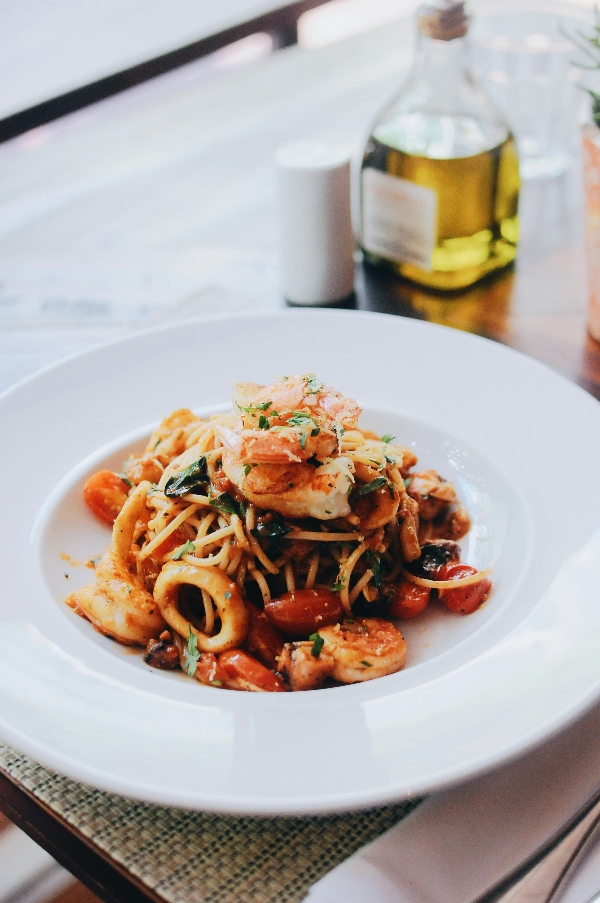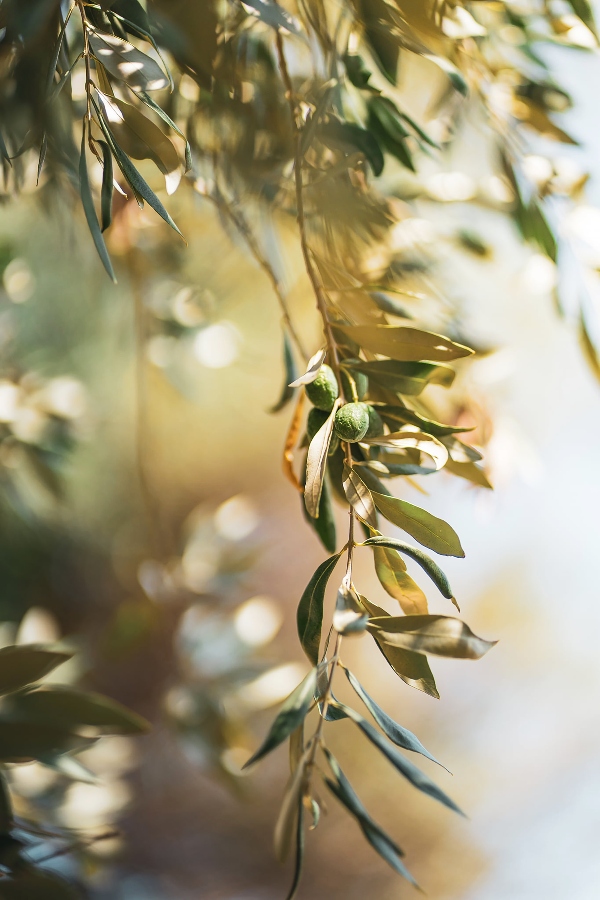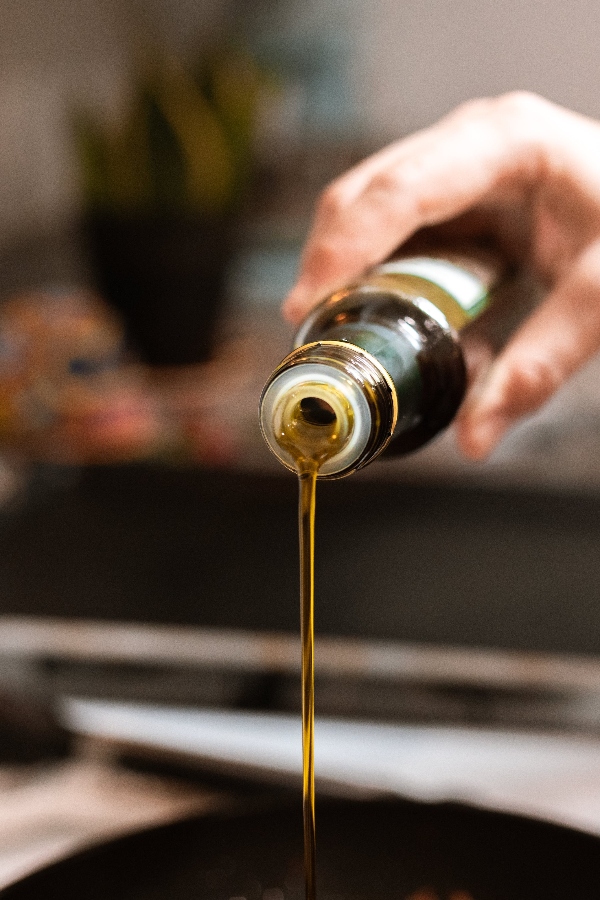News
Savouring the essence: why South African olive oil is our local liquid gold
Monday, January 8th, 2024
From rugged coastlines and rolling hills to mountainous regions and the cracked earth of the Karoo, the Western Cape is an olive farmer’s paradise. The rich soil and Mediterranean climate produce exceptional extra virgin olive oil (EVOO), with many consistently beating the world’s best. Our unique range of terroir adds layers and complexity, giving South African olive oils highly sought-after flavours and character. Over the past ten years, South Africa has quietly emerged as a rising star, but in truth, the seeds for our olive oil success were sown over a hundred years ago.
Historic trailblazers
According to The Guide to Extra Virgin Olive Oil in South Africa, olive trees were brought to South Africa by Piet ‘California’ Cillié in 1893. It didn’t take long for the trees to bear fruit, and in 1907, Jan Minnaar of De Hoop farm in Paarl took top honours at the London Show for the finest olive oil produced in the British Empire. It was South Africa’s first prize for our liquid gold, and even if he didn’t realise it at the time, ol’ Jan had set the tone for future success. Fast forward more than a century later, and South Africa’s EVOO is ranked among the world’s best, and 95% of it is produced in the Western Cape. So, hats off to California Piet and Jan. If it weren’t for them, our industry would not be what it is today.
A superfood
There’s no denying just how good our EVOO is, but is it really better for you? The short answer is yes, but, as always, there’s more to the story. EVOO is widely regarded as one of the healthiest oils to use. It’s packed with vitamins A, E, D, and K, as well as antioxidants and mono-unsaturated fats (the good kind). It’s good for your brain, heart, bones, and cells, as well as your digestive system. There is even evidence to suggest olive oil slows down mental decline and protects against Alzheimer’s disease. It’s also the foundation of the Mediterranean diet, which is widely regarded as one of the best in the world.
Cultivars and flavours
Much like wine, EVOO is divided into cultivars. The most popular cultivars in South Africa are Leccino, Frantoio, Coratina, Favolosa/FS17, and Mission. They range in intensity, and many producers use a blend to create their signature flavour. The flavour styles are divided into delicate, medium, and intense, with flavours ranging from subtle, fresh, and fruity to peppery and pungent with a bitter bite. Any good EVOO will detail its flavour profile on the bottle and what it is good for. A solid rule of thumb is to pair like-for-like. Pair delicate dishes with lighter oil and robust flavours with more intense oil.

A professional perspective
We spoke to a few local chefs to get their thoughts on South Africa’s EVOO and they all agreed that local EVOO is on par, if not better, than the international stuff. All of them use olive oil for nearly everything in their restaurants, and no dish is complete without a finishing drizzle.

Jason Lilley of Jason Bakery drenches his focaccias daily in EVOO, and his current favourite is Baleia in Riversdale. Amori Burger from Eat Out star restaurant Upper Union is a huge fan of Hamilton Russell, De Rustica Collection: Coratina, and Mont du Toit, which she serves with her bread course. Wesley Randles from Eat Out two-star restaurant Nevermind loves Prince Albert Karoo EVOO and finishes many dishes with a glug and a squeeze of lemon. Chef Jackie Cameron, founder of Jackie Cameron School of Food & Wine in KwaZulu-Natal, firmly asserts that South African olive oil ranks among the finest available.
“We can take great pride in the exceptional olive oil our top producers craft here in South Africa – it undoubtedly rivals international varieties. I firmly believe in knowing your supplier, understanding your product, and learning all you can about it. That’s how you build trust in a product. I’m a fan of Rio Largo. Brenda and Nick Wilkinson, the owners, were incredibly supportive when I first opened my school, and Rio Largo has remained my olive oil of choice.”
She adds, “We use a lot of extra virgin olive oil in our homemade thick mayonnaises and aiolis, together with dressings. I don’t use olive oil to cook or pan sear with, because of its low smoke point – all those beautiful compounds and delicious qualities are lost with heat.”
For Marthinus Ferreira of two-star Jordan Restaurant with Marthinus Ferreira, no pasta is complete without a healthy swig, and he loves pairing crusty bread and EVOO with a glass of wine. His current favourites are Baleia, Tokara, and De Boerin.
There’s never been a better time to dive into the world of South African EVOO. Chefs love it, diners love it, and it’s a brilliant local product that makes the best foodie gift!
Subscribe to our newsletter for a delectable dose of the latest restaurant news and insights.
Images: Unsplash and Pexels












